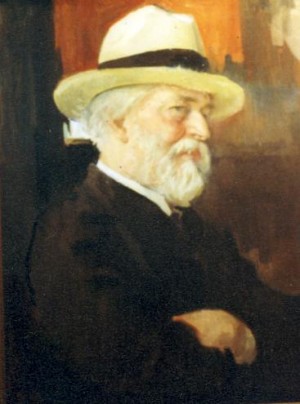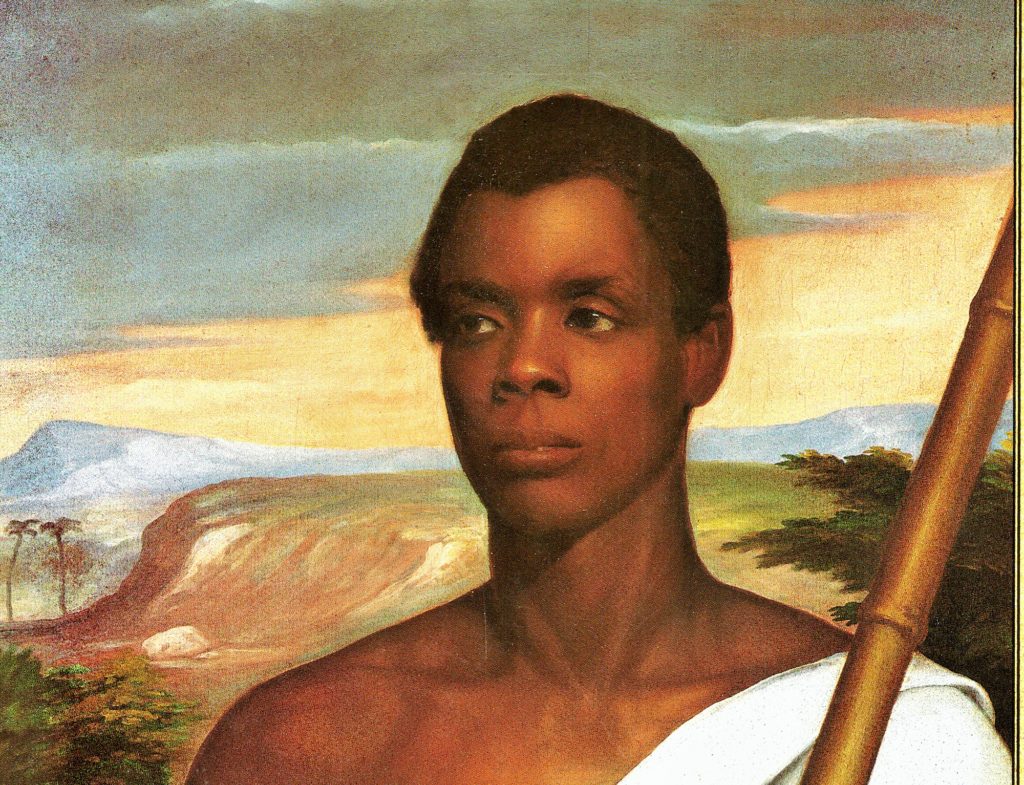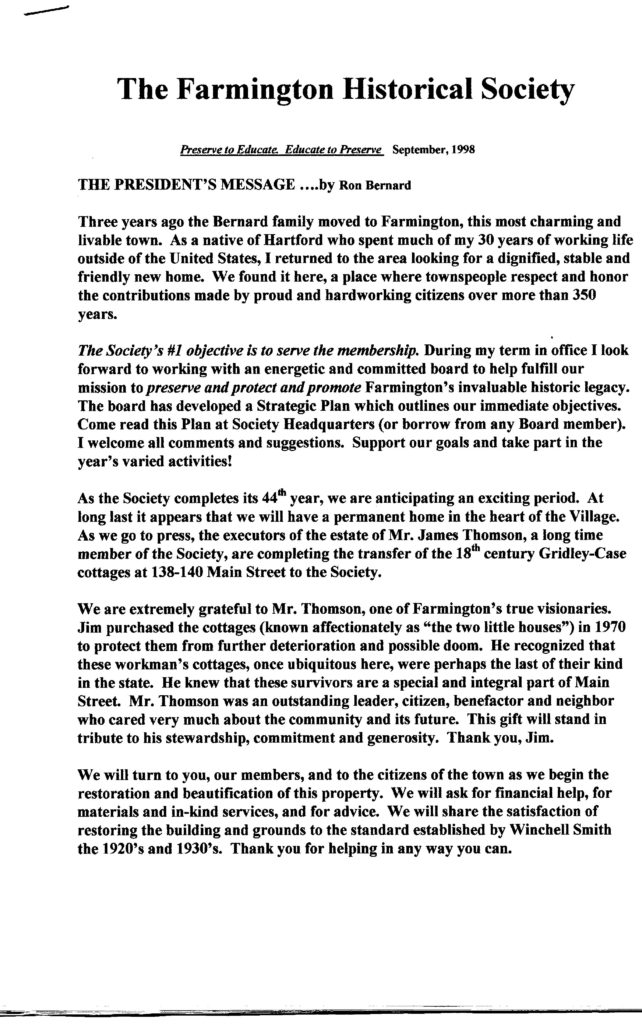African Americans from Farmington Join the Fight
Some of the African American soldiers from Farmington were free men, but others were slaves. In Speaking for Ourselves, published by the Farmington Historical Society in 1998, Barbara Donahue wrote that Pharoah Hart and Joseph Munn were each promised freedom in return for three years of service in the Continental Army. Hart gained his freedom, but Munn did not despite his petition to the state legislature.
Hart fought in Germantown, Pennsylvania, in 1777 and Monmouth, New Jersey, in 1778. He was freed after his service, but not without a disagreement over his army wages. He had agreed to give his owner, Selah Hart, a portion of his wages, but Selah demanded and received all of them, Donahue wrote.
Munn was sold by his owner, William Nicholls, while he was in the army, and the new owner refused to free him. Munn petitioned the state legislature, but he was turned down because he’d been dismissed from the army. The reason was that he’d broken an arm while on active duty. Donahue wrote: “Ironically, in fighting to guarantee his country’s freedom, he guaranteed his own enslavement.”
African American Soldiers from Farmington
- BRISTOE/BRISTOL, African American, (enslaved man of Thomas Hart Hooker), Farmington
- CAMBRIDGE, African American (“Negro”), Farmington DICK, African American (“Negro”), Farmington GAD, African American (“Negro”), Farmington
- HALL, ISAAC, African American, , Farmington
- LANKTON, JONATHAN, African American, , Farmington
- MINGO, African American (“Negro”), Farmington PETER, African American (“Negro”), Farmington
- PHAROAH, African American (“Negro”), (servant of Selah Hurt, Farmington
- PRINCE, African American („Negro”), Farmington SCIPEO/SIPIO/SCIPIO, ABEL, African American, Farmington TOM, African American (“Negro”), Farmington
- WADSWORTH, LIVERPOOL/LIVERPOLE, African American (“Negro”), Farmington
- HART, PHARAOH/PHARO, African American, S34392, (enslaved man of Selah Hart), (moved to New Jersey after the Revolution), Farmington
- MUNN/MUN, JOSEPH, African American, Farmington/ Waterbury



